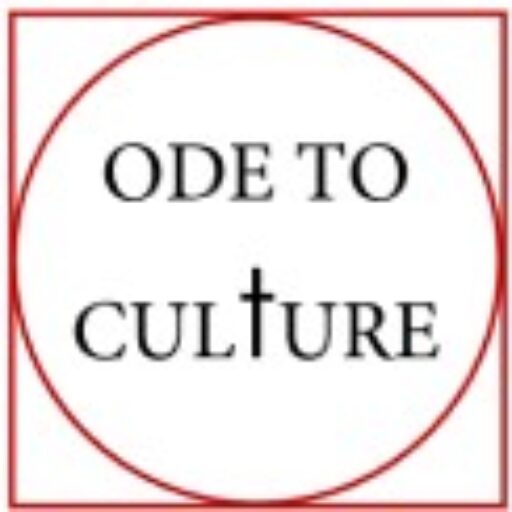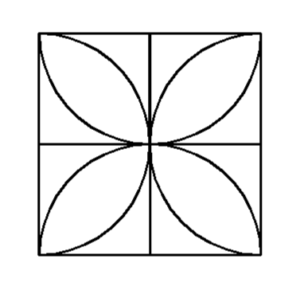Prompt 9: September 1, 2021
This month has a very different structure to the prompt than our other endeavors. It seems this topic of place is too complex to throw a question together and hope we can think for ourselves its implications. Perhaps those of us with a deeper connection to place can articulate the magnitude of the relationship, but I don’t have that ability, so I will defer to better minds than mine to frame our thinking.
“And God said, Let us make man in our image, after our likeness: and let them have dominion over the fish of the sea, and over the fowl of the air, and over the cattle, and over all the earth, and over every creeping thing that creepeth upon the earth.”
Genesis 1:26
“Unto me, who am less than the least of all saints, is this grace given, that I should preach among the Gentiles the unsearchable riches of Christ; And to make all men see what is the fellowship of the mystery, which from the beginning of the world hath been hid in God, who created all things by Jesus Christ: To the intent that now unto the principalities and powers in heavenly places might be known by the church the manifold wisdom of God, According to the eternal purpose which he purposed in Christ Jesus our Lord: In whom we have boldness and access with confidence by the faith of him. Wherefore I desire that ye faint not at my tribulations for you, which is your glory. For this cause I bow my knees unto the Father of our Lord Jesus Christ, Of whom the whole family in heaven and earth is named, That he would grant you, according to the riches of his glory, to be strengthened with might by his Spirit in the inner man; That Christ may dwell in your hearts by faith; that ye, being rooted and grounded in love, May be able to comprehend with all saints what is the breadth, and length, and depth, and height; And to know the love of Christ, which passeth knowledge, that ye might be filled with all the fullness of God.”
Ephesians 3:8-19
Being implies perceiving. This truth is physically built right into the fibers of living organisms in order to interpret their environment. In vertebrae, meaning is drawn directly from perception, meaning any sense of our environment is mapped to our nervous system to be able to navigate the environment. This is done instinctively without, or before, object identification. This is why words like Is and Am are active verbs.
Meaning requires an aim. Meaning implies that there is an abstraction (telos) within a thing or phenomenon. God’s recognition that his creation is good is the established purpose of creation; that it has an aim, which is revealed in Christ. To have an aim means two places have been defined. Where one is, and where one is going. We all know this is true of physical space, but also in the psychological development of self, place being a term for status. This is integral to the formulation of identity. Part of the Ode To Culture project is to investigate our own aims, and our own presuppositions in view of scripture.
The world, reality, is both objective and subjective, meaning it is and is interpreted. Our creatureliness places us in the world, but our likeness to God sets us in creative authority over the world. As objects, we are God’s Image, showing and being his likeness on Earth as creatures. As subjects, we have imagination, to see and know what is and what could be. The following sections from John Piper and Wendell Berry helped me think about our image in a way that reconstructs how we can think of Place. Piper explains our objective self, being made in God’s image, while Berry explains the subjective self, being like God in our imaginative sense.
“But the simplest thing, the plainest thing, and, in fact, for me the most practical thing, and the way it has an actual effect on my life, is to say images are created to image. If you create an image, if you make a sculpture of someone, you do it to display something about that someone. You put it in the square in the middle of town, and you want people to look at it, notice it, think about that person, think something about them — that they were noble or strong or wise or courageous or something.
Now what would it mean if you created seven billion statues of yourself and put them all over the world? It would mean you would want people to notice you. God created us in his image so that we would display or reflect or communicate who he is, how great he is, and what he is like. Here’s the picture in my mind. I was created like a mirror. And a mirror that was supposed to be 45 degrees with the clear reflective side pointing upward so that as God shone on it at the 45 degree angle, it would bounce off, and it would make a 90 degree turn and be reflected out into the world. At the Fall, Satan persuaded me that my image is more beautiful than God’s image, and so I flipped the mirror over. Now the black back side is toward God. It doesn’t reflect anything. Instead, the mirror casts a shadow in the shape of itself on the ground, and I fell in love with the shadow. That is what happened. And we have been loving ourselves ever since.”
-John Piper
“The term “imagination” in what I take to be its truest sense refers to the mental faculty that some people have used and thought about with the utmost seriousness. The sense of the verb “to imagine” contains the full richness of the verb “to see.” To imagine is to see most clearly, familiarly, and understanding with the eyes, but also to see inwardly, with the “mind’s eye.” It is to see, not passively, but with a force of vision and even with visionary force. To take it seriously we must give up at once any notion that imagination is disconnected from reality or truth or knowledge. It has nothing to do either with clever imitation or appearances or with “dreaming up.” It does not depend upon one’s attitude or a point of view but grasps securely the qualities of things seen or envisioned.
I will say from my own belief and experience, that imagination thrives in contact, on tangible connection. For humans to have a responsible relationship to the world they must imagine their places in it. To have a place, to live and belong in a place, to live from a place without destroying it, we must imagine it. By imagination we see it illuminated by its own unique character and by our love for it. By imagination we recognize with sympathy the fellow members, human and nonhuman, with whom we share our place. By that local experience we see the need to grant a sort of preemptive sympathy to all the fellow members, the neighbors, with whom we share the world. As imagination enables sympathy, sympathy enables affection. And it is affection that we find the possibility of a neighborly, kind, and conserving economy.”
-Wendell Berry, It All Turns On Affection
I miss Kansas terribly. Riley recently asked about doing a prompt on Place, and I agreed that it was a topic that we ought to explore, especially given we are all mobile young men. I feel inadequate to provide a foundation to frame our thinking of such a complex topic, so we will be taking up the book Jayber Crow by Wendell Berry to read and discuss. Feel free to create original material as we would for any other prompt, but my focus will be on this book and the discussions.
The thread is open. Create boldly, and may the Spirit guide us all.

